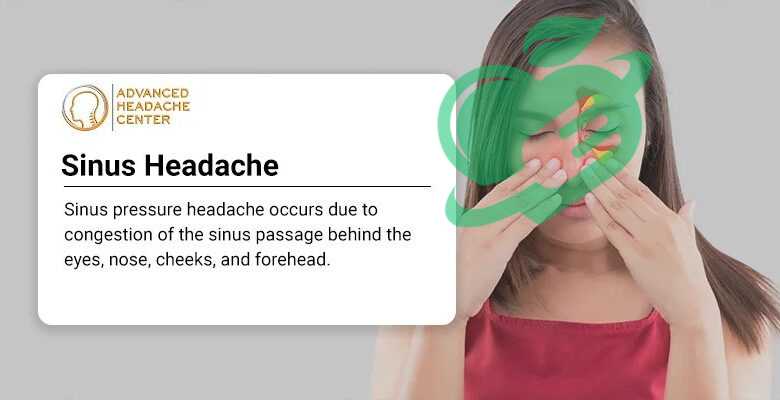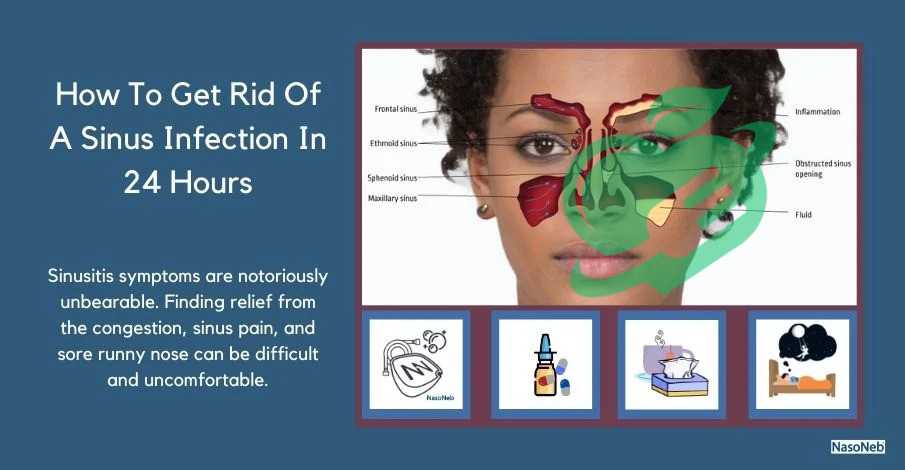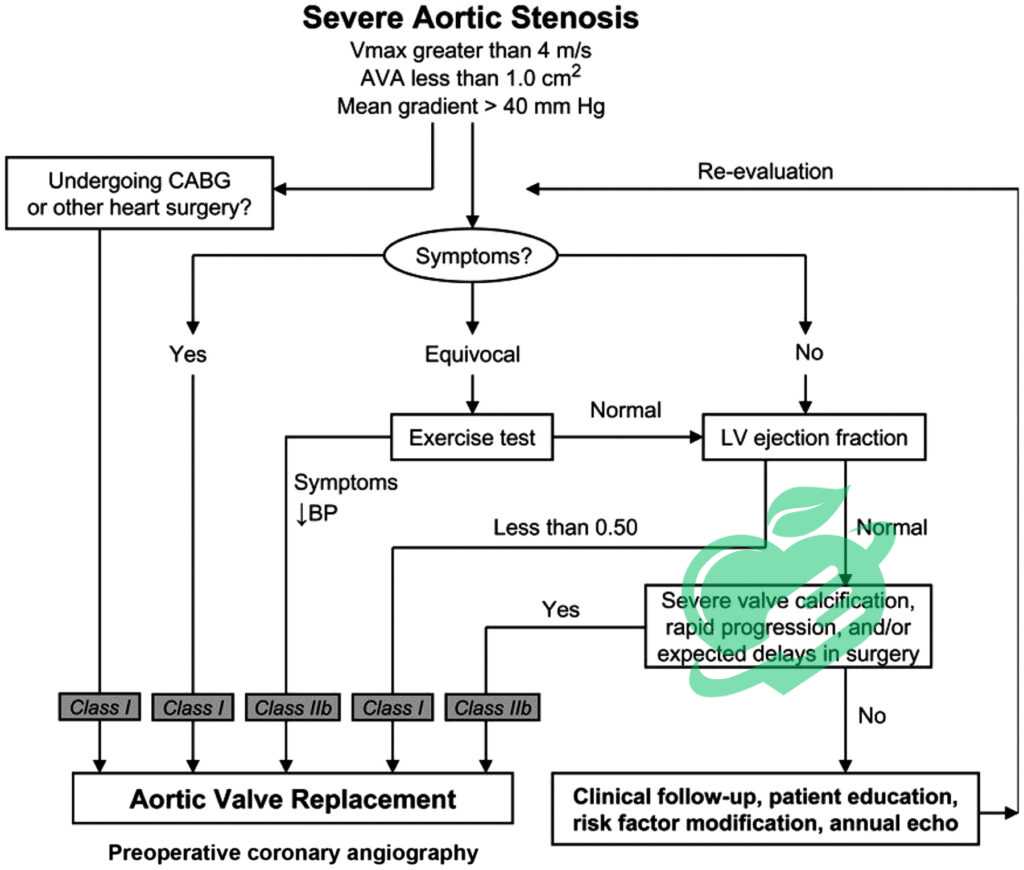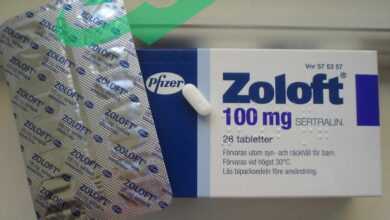Sinus Headache SOS: Quick Fixes and Long-Term Solutions

Understanding Sinus Headache
Sinus headache can be quite debilitating, often leaving individuals searching for relief amidst a whirlwind of discomfort. To better navigate the complexities of sinus headaches, it is essential to comprehend what they are, their underlying causes, and the common symptoms associated with them.
Definition of Sinus Headache
At their core, sinus headaches are a type of pain that arises due to inflammation or infection in the sinus cavities. When the sinus passages become congested, they can lead to a feeling of pressure or pain in the forehead, cheeks, and around the eyes. This discomfort is often mistaken for other types of headaches, such as migraines or tension headaches, but the distinct connection to sinus issues is what sets them apart. For instance, someone might wake up one morning with a dull ache radiating through their forehead, accompanied by facial tenderness. This type of discomfort often signals the underlying inflamed sinuses, positioning the headache firmly within the category of sinus headaches. Typically, these headaches are associated with sinusitis, a condition where the lining of the sinuses becomes swollen or infected.
Causes of Sinus Headaches
Understanding what causes sinus headaches can empower individuals to manage their symptoms effectively. The root causes can be varied and sometimes multifaceted, but some of the most common triggers include:
- Sinus Infections (Sinusitis): The most prevalent cause, sinus infections typically result from bacteria, viruses, or fungi, leading to inflammation and blockage of the sinus passages.
- Allergies: Allergic reactions to pollen, dust mites, pet dander, and mold can also lead to similar swelling of the sinus linings, creating a perfect storm for sudden headaches.
- Colds and Upper Respiratory Infections: Viral infections like the common cold lead to inflammation in the sinuses, contributing to headache development.
- Environmental Factors: Changes in weather, such as a drop in temperature or a sudden rise in humidity, can affect sinus function. Additionally, pollutants or inhalants can irritate the sinuses, further promoting headaches.
- Nasal Polyps: These soft tissue growths can block the nasal passages, impeding proper sinus drainage and leading to pressure and pain.
Recognizing these causes is crucial for individuals who frequently experience sinus headaches, as avoiding triggers or managing underlying issues can significantly reduce the occurrence of painful episodes.
Symptoms of Sinus Headaches
The symptoms of sinus headaches often emerge from the congestion and pressure within the sinus cavities. Some common manifestations include:
- Pain and Pressure: The hallmark of a sinus headache, the pain is generally localized in the forehead, cheeks, and around the eyes. Commonly, individuals report feeling intensified pressure that worsens with sudden movements or bending forward.
- Facial Tenderness: Many individuals experience tenderness when touching areas around the nose, forehead, or upper jaw. This tenderness can sometimes provoke mild pain.
- Nasal Congestion: A sensation of blocked nasal passages often accompanies sinus headaches, frequently leading to difficulty breathing through the nose.
- Postnasal Drip: Draining mucus can irritate the throat, leading to a cough or sore throat, compounding the discomfort.
- Fever and Fatigue: In cases where a sinus infection is present, fever and overall fatigue may also be evident, indicating the body is fighting off an infection.
- Altered Sense of Smell or Taste: Individuals may notice a diminished ability to enjoy foods or detect scents.
Recognizing these symptoms is essential in identifying a sinus headache early on. Those who experience frequent sinus headaches often find it beneficial to keep a symptom diary, noting when headaches occur and any associated symptoms. This practice can help in conversations with healthcare providers and allow for better management strategies. In conclusion, understanding sinus headaches involves grasping their definition, causes, and symptoms. With a clearer picture of what these headaches entail, individuals can begin to explore potential treatment options and find relief.

Quick Fixes for Sinus Headaches
When the throbbing pain of a sinus headache sets in, finding immediate relief can feel like an uphill battle. Thankfully, various quick fixes can help alleviate the discomfort and get you back on track. Whether you prefer home remedies, over-the-counter medications, or natural solutions, multiple options are available for urgent relief.
Home Remedies for Immediate Relief
Home remedies are often the first line of defense for many individuals experiencing sinus headaches. Easy to find and quick to implement, these remedies leverage common household items to provide comfort. Here are a few effective options:
- Steam Inhalation: Try filling a bowl with hot water, covering your head with a towel, and leaning over the bowl to inhale the steam. This can help thin mucus, alleviate sinus pressure, and ultimately relieve headache pain. A drop of eucalyptus oil in the water can enhance the effect.
- Warm Compress: Applying a warm compress to the sinuses can soothe pain by promoting blood flow and reducing inflammation. Simply soak a clean cloth in warm water, wring it out, and place it over your forehead and nose.
- Hydration: Drinking plenty of fluids can thin out mucus and promote sinus drainage. Warm beverages, such as herbal tea or warm lemon water, can also provide soothing relief.
- Saline Nasal Rinse: Consider using a saline spray or a neti pot to rinse out your nasal passages. This can help clear out allergens or irritants and potentially provide instant comfort.
Personal anecdote: I remember a particularly brutal sinus headache that left me unfocused at work. I recalled my grandmother’s advice about steam inhalation, so I indulged in a warm bowl of water infused with eucalyptus oil. The relief was almost immediate; the steam eased the pressure, and I felt a notable difference in just a few minutes.
Over-the-Counter Medications
For those seeking more immediate relief from sinus headaches, over-the-counter (OTC) medications can deliver effective results. A quick trip to the pharmacy might offer just what you need. Here are some popular options:
- Pain Relievers: Ibuprofen (Advil, Motrin) or acetaminophen (Tylenol) can reduce headache pain and inflammation. Always follow the dosage instructions on the label.
- Decongestants: Medications like pseudoephedrine (Sudafed) work by reducing sinus congestion and pressure. Look for formulations that combine pain relief with decongestants for maximum efficacy.
- Antihistamines: If allergic reactions contribute to your sinus headaches, considering an antihistamine like diphenhydramine (Benadryl) may help alleviate symptoms by reducing nasal congestion.
- Combination medications: Products that merge multiple active ingredients (such as pain relievers, decongestants, and antihistamines) can be helpful for quick relief.
Example of a quick regimen:
- Take a pain reliever at the first sign of discomfort.
- Use a decongestant to help clear the sinuses, and drink a warm beverage for added comfort.
- Follow up with a nasal rinse if symptoms persist.
It’s essential to consult with a healthcare professional before beginning any new medication or if you have existing health conditions.
Natural Remedies to Alleviate Symptoms – Sinus Headache
For individuals who lean towards holistic approaches, natural remedies can also provide significant relief from sinus headaches. These options often focus on long-term wellness and symptom management without harsh side effects. Consider these suggestions:
- Essential Oils: Peppermint and lavender essential oils can have soothing properties. Diluting a few drops in carrier oil and rubbing it on the temples may provide relief. Inhaling these comforting scents can also promote relaxation.
- Apple Cider Vinegar: Some people swear by apple cider vinegar for its purported abilities to thin mucus. Mixing a tablespoon with warm water and honey can provide a soothing drink.
- Ginger Tea: Ginger has natural anti-inflammatory properties that can help relieve headaches and sinus pressure. Brew ginger tea by boiling fresh ginger root slices in water, and add honey or lemon for added taste and benefits.
- Spicy Foods: Incorporating spicy foods like jalapeños or horseradish into your meals can sometimes help clear congestion. However, be cautious, as they might not be suitable for everyone.
In conclusion, managing sinus headaches doesn’t have to be a struggle. With a plethora of home remedies, effective OTC medications, and natural solutions, individuals can find relief tailored to their needs. The key is to recognize the symptoms early and act quickly to minimize discomfort and promote overall wellness. By combining these methods and remaining proactive, you can reclaim your day and keep sinus headaches at bay.
Read also : From Theory to Reality: Exploring the Feasibility of Blood Tests for Anxiety Disorders

Long-Term Solutions for Sinus Headache
While quick fixes for sinus headaches can bring immediate relief, addressing the root causes and implementing long-term strategies is essential for reducing the frequency and intensity of these painful episodes. Understanding long-term solutions can help individuals take proactive steps in managing their sinus health.
Lifestyle Changes to Prevent Sinus Headaches
Adopting healthier lifestyle habits is a powerful way to stave off sinus headaches. Making small changes in daily routines can yield significant benefits for sinus health. Here are some effective strategies:
- Stay Hydrated: Drinking enough water helps thin mucus, promoting better drainage from the sinuses. Aim for at least eight glasses a day, and increase intake during cold and allergy seasons.
- Manage Allergies: Identifying and avoiding allergens is crucial. Regular cleaning to minimize dust and allergens, using air purifiers, and keeping windows closed during pollen seasons can help create a less irritating environment.
- Practice Good Nasal Hygiene: Regularly using saline nasal sprays or rinses can keep nasal passages clear and moist, reducing the risk of congestion.
- Avoid Tobacco Smoke: Smoking and exposure to secondhand smoke can severely irritate the sinuses and lead to chronic sinus issues. Quitting smoking or avoiding smoky environments can have a positive effect on overall sinus health.
- Incorporate Physical Activity: Regular exercise boosts the immune system and can help clear sinus pressure. Activities like yoga that focus on breathing techniques can especially benefit those prone to sinus headaches.
Personal story: A close friend of mine suffered from chronic sinus headaches, attributing it to seasonal allergies. Once she invested time in cleaning her home, changing air filters, and even trying yoga to reduce stress, her headaches decreased dramatically. It was inspiring to see her transform her lifestyle and reclaim her health.
Medical Treatments for Chronic Sinus Headaches
For individuals who experience recurrent sinus headaches, consulting a medical professional is crucial. Depending on underlying factors, several medical treatments can offer relief:
- Prescription Medications: In cases of chronic sinusitis, healthcare providers may prescribe medications like corticosteroids, which reduce inflammation, or antibiotics for bacterial infections.
- Allergy Management: If allergies are a key contributor to sinus headaches, allergist consultations may help. Medications like corticosteroid nasal sprays or allergy shots can assist in managing symptoms effectively.
- Immunotherapy: For individuals with serious allergies, immunotherapy may be recommended. This involves gradually increasing doses of allergens to help the body build a tolerance over time. It can be a game-changer for those suffering from severe allergic reactions.
- Regular Follow-ups: Keeping a consistent watch on health and symptoms with a healthcare provider can help manage underlying conditions and prevent sinus headaches before they start.
Surgical Options for Severe Cases – Sinus Headache
In extreme circumstances, when other interventions have failed, surgical solutions may be necessary. Surgery is usually considered for individuals with chronic sinus headaches caused by structural issues within the sinuses. Here are some common surgical options:
- Endoscopic Sinus Surgery: Minimally invasive, this surgery helps to remove obstructions like polyps or tissue, allowing for improved airflow and drainage from the sinuses. It can make a significant difference for individuals suffering from chronic sinusitis.
- Balloon Sinuplasty: A newer technique, balloon sinuplasty involves inserting a small balloon into the sinus passage and inflating it to widen the passageway. This procedure can be performed in a physician’s office with minimal recovery time.
- Deviated Septum Repair: If a deviated septum is causing chronic sinus issues, surgical correction may be needed. By realigning the septum, airflow is improved, leading to reduced sinus pressure and headache frequency.
Important note: Surgery is usually the last resort after exploring other treatment options. Consulting ENT specialists will help gauge whether surgical solutions are appropriate, and they can provide information on risks and expected outcomes. In summary, lasting relief from sinus headaches requires a multi-faceted approach that includes lifestyle changes, appropriate medical treatments, and potentially surgical avenues for serious cases. By understanding these long-term solutions, individuals can take charge of their health, dramatically improving their quality of life and reducing those debilitating sinus headaches. Taking these steps today can pave the way for a headache-free tomorrow.

Managing Sinus Headaches Effectively
While understanding the underlying causes and long-term solutions for sinus headaches is crucial, having a structured approach to managing them day-to-day can significantly enhance a person’s quality of life. Implementing a comprehensive strategy can make all the difference in mitigating symptoms and preventing future occurrences.
Creating a Sinus Headache Action Plan
One of the most effective ways to manage sinus headaches is to develop a personalized action plan. This plan empowers individuals to tackle headaches proactively. Here are some steps to consider for creating a successful action plan:
- Document Symptoms: Keep a headache diary to track the frequency, duration, and intensity of headaches. Note environmental factors, such as weather changes, diet, and stress levels. This information can help identify triggers.
- Identify Triggers: Understanding what leads to sinus headaches is vital. Common triggers include allergens, specific foods, dehydration, or even poor sleep. Awareness helps in avoiding these potential pitfalls.
- Set a Routine: Establish daily practices that can minimize headaches, such as drinking enough water, maintaining nasal hygiene through saline sprays, and practicing healthy eating habits.
- Have Remedies Accessible: Stock a medicine cabinet with effective over-the-counter medications, saline nasal sprays, and any home remedy ingredients you prefer. Having these on hand can provide immediate relief should a headache strike.
- Emergency Contacts: Create a list of healthcare providers or specialists to consult in case symptoms worsen. Having a plan in place can give peace of mind during painful episodes.
By following these steps, individuals can take charge of their health while reducing the chances of sinus headaches disrupting daily life.
Read also : Thyroid Troubles? Find Relief with Effective Hypothyroidism Treatments
Seeking Professional Help When Needed – Sinus Headache
While self-management is essential, it’s crucial to recognize when to seek professional assistance. Here are some signs that it’s time to consult a healthcare provider:
- Persistent Headaches: If sinus headaches last longer than a few days or recur frequently despite treatment, it may indicate a more severe underlying issue.
- Severe Symptoms: Symptoms such as intense pain, high fever, swelling around the eyes, or difficulty breathing should prompt immediate evaluation.
- Home Remedies Not Working: If standard home remedies and over-the-counter medications fail to provide relief, it may be time to explore stronger prescription options or professional interventions.
- Allergy Testing: If allergies are suspected contributors, consulting with an allergist can help determine specific triggers and personalized treatment options.
Personal perspective: When I faced debilitating sinus headaches that always seemed to return after a few days, I finally reached out to a specialist. The experience helped me understand more about my specific triggers and led to a tailor-made treatment plan that drastically improved my daily life.
Importance of Consistent Treatment and Prevention Measures
Consistency is key in managing sinus headaches effectively. Regular treatment and preventative measures can greatly reduce headache frequency and severity. Consider the following:
- Adherence to Medication: Regularly using prescribed medications or preventive treatments — even on days when symptoms are mild — ensures better overall management and can help prevent exacerbation of symptoms.
- Regular Check-ups: Scheduling routine follow-ups with healthcare providers allows for monitoring progress and adjusting treatment plans if necessary.
- Adopting Long-term Lifestyle Changes: Continuously practicing healthy habits like hydration, exercise, and good nutrition contributes to overall wellbeing and minimizes the chance of sinus issues forming.
- Staying Informed: Keeping up with new information or therapies regarding sinus headaches can empower individuals to make educated decisions about their health management.
Through a commitment to consistent care, individuals can witness notable improvements in their sinus health, ultimately reducing headaches’ influence on their quality of life.
Incorporating Stress Management Techniques for Overall Wellness
Finally, it’s essential not to overlook the role of stress in sinus headaches. High stress can exacerbate sinus pressure and trigger headaches, making stress management a central part of the overall action plan. Here are some effective stress-reduction techniques:
- Mindfulness and Meditation: Practices like mindfulness meditation can help manage stress levels and promote relaxation, thus reducing the intensity of headaches.
- Deep Breathing Exercises: Simple deep breathing techniques can calm the mind and body, alleviating tension that may contribute to headaches.
- Regular Physical Activity: Exercise not only helps reduce stress but also releases endorphins that act as natural painkillers.
- Quality Sleep: Prioritizing good sleep hygiene ensures enough restorative sleep, which is vital for overall wellness and headache prevention.
With a concerted effort to manage stress, individuals can create a supportive environment that mitigates the impact of sinus headaches, contributing to better overall health. In conclusion, managing sinus headaches effectively involves creating a structured action plan, seeking professional help when appropriate, committing to consistent treatment, and incorporating stress management practices into daily life. By taking these steps, individuals can reclaim control and enhance their well-being, ensuring that headaches don’t dictate their lives. With persistence and dedication, relief is not only possible but achievable.




2 Comments